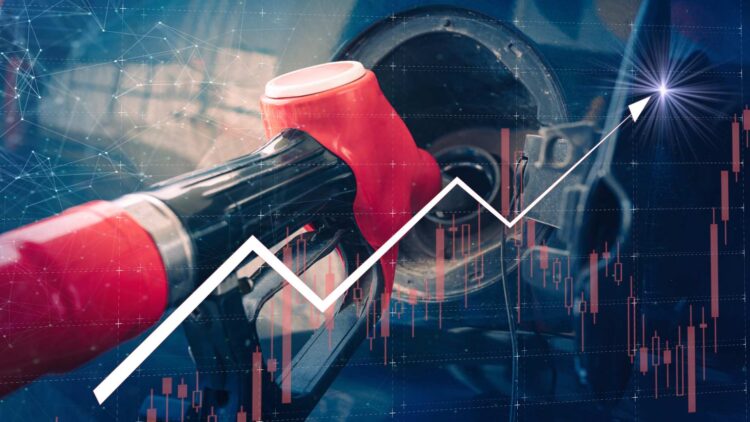Gas prices have been going up for years now, and residents of the state of California have been in a battle to be able to afford them for just as long. Lawmakers in the state attempted to protect residents from the price increases by passing a law aimed at cracking down on oil companies, promising more transparency and, if needed, penalties for excessive profits but it has been two years and the results have been mixed.
Since oil companies are not exactly known to suffer economically, even in times of instability or crisis, the aim of the law was to keep gas prices in check and stop the industry from taking advantage of consumers during vulnerable times. Sponsored by Governor Gavin Newsom and Senator Nancy Skinner, these lawmakers were determined to shine a light on the oil industry’s pricing tactics.
To improve the situation for residents in the state the law set up a new watchdog division under the California Energy Commission (CEC) and required oil companies to submit monthly reports on profit margins and sales. The aim of these reports was so that if prices spiked unfairly, the state could step in and take action, including capping profits to give a reprieve to struggling residents in the state.
In the beginning, the law was successfully implemented, and the CEC received the data they required from the oil companies. In short, everything seemed to be working as intended, but then after April 2024, the updates mysteriously stopped.
The reality of the California law that attempted to regulate gas prices
As we all know, large corporations in America with deep pockets are not known for their compliance with the law, and there are few larger companies than oil companies. Compliance with this law was no exception to their uncooperative nature an according to the CEC, the reports submitted by the oil refiners were a mess. Those tasked with reviewing them found them to be full of inconsistencies, errors, and in some cases, outright nonsense. One official statement admitted the numbers were “likely not accurate nor reliable.” UC Berkeley energy economist Severin Borenstein did not hold back, calling some of the submitted data “completely implausible.”
It was clearly not by accident that none of the data reported made sense or was remotely usable, it effectively stalled enforcement of the penalties that the companies would have received according to the law. And the order had to come form the top down. After all, non-compliance could have gotten many workers in trouble with the oil companies should they have wanted to comply.
But the problem runs a bit deeper than the oil companies being deliberately obtrusive, as despite all the bold promises when the law passed, California has not penalized a single refinery for price gouging. In fact, some refiners even claimed they were losing money on gas between late 2023 and early 2024 when experts can attest to the fact that it is highly unlikely. In fact, their reports could have shown that and yet they did not.
Supporters of the law insist that it is doing its job, arguing that just having it in place prevents oil companies from causing massive price spikes in fear of retaliation form the state, dismissing the lack of reporting as childish antics that still indicate cooperation when it counts. Since the idea is that refiners now have to be more cautious and keep contingency plans in place to avoid supply disruptions, they have pointed to more stable gas prices and fewer sudden surges as proof.
On the other hand, skeptics are not buying the arguments, stating that without reliable data there is no way to prove the law is actually saving drivers money and, if anything, the lack of enforcement raises questions about whether the oil industry is still playing the same old games, with less oversight than expected.

